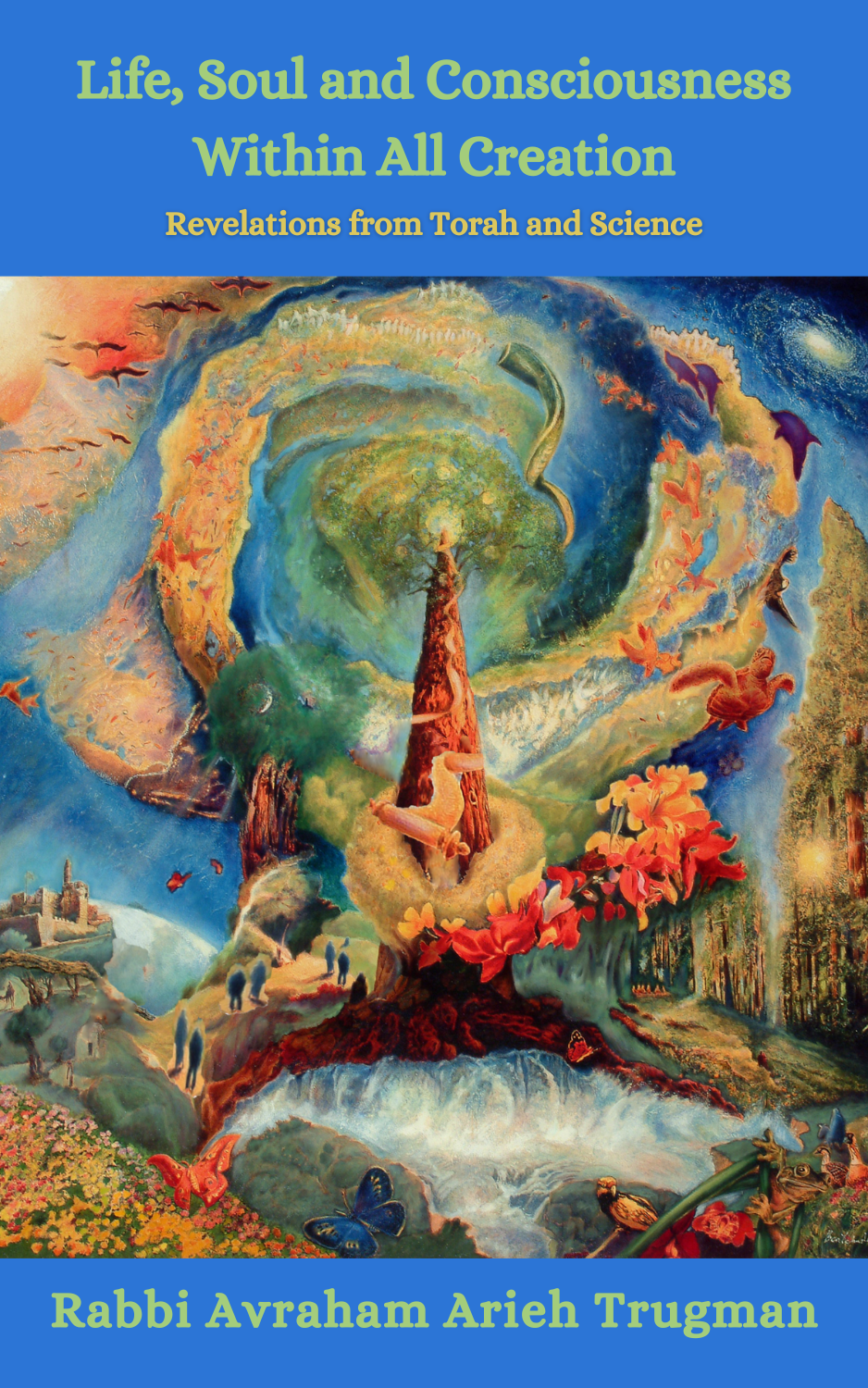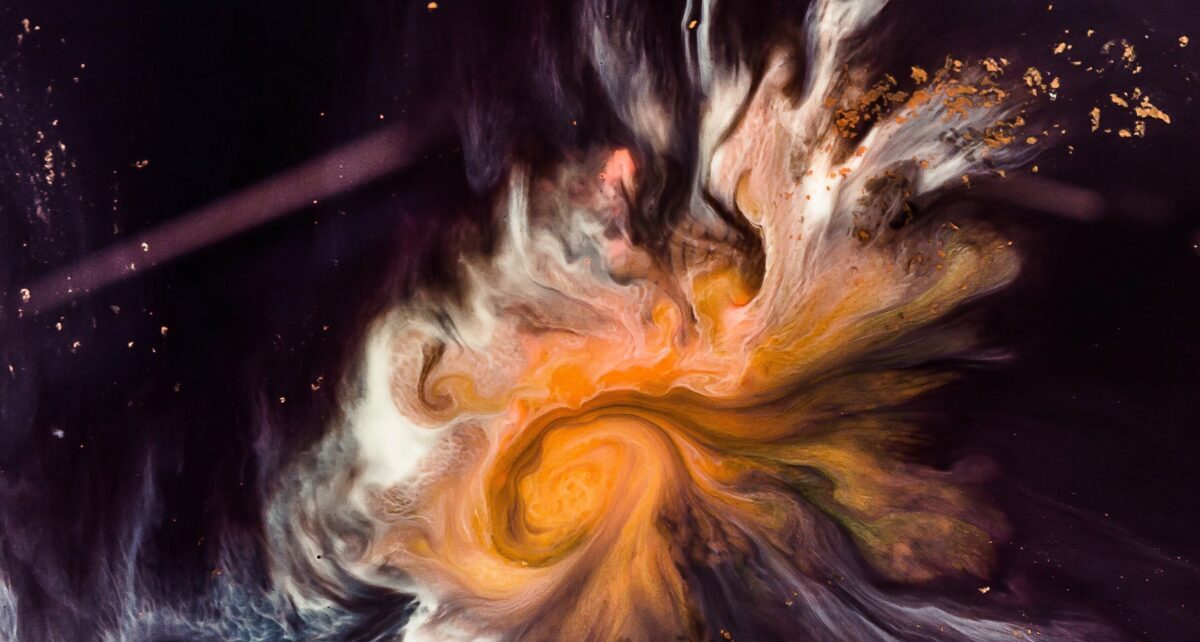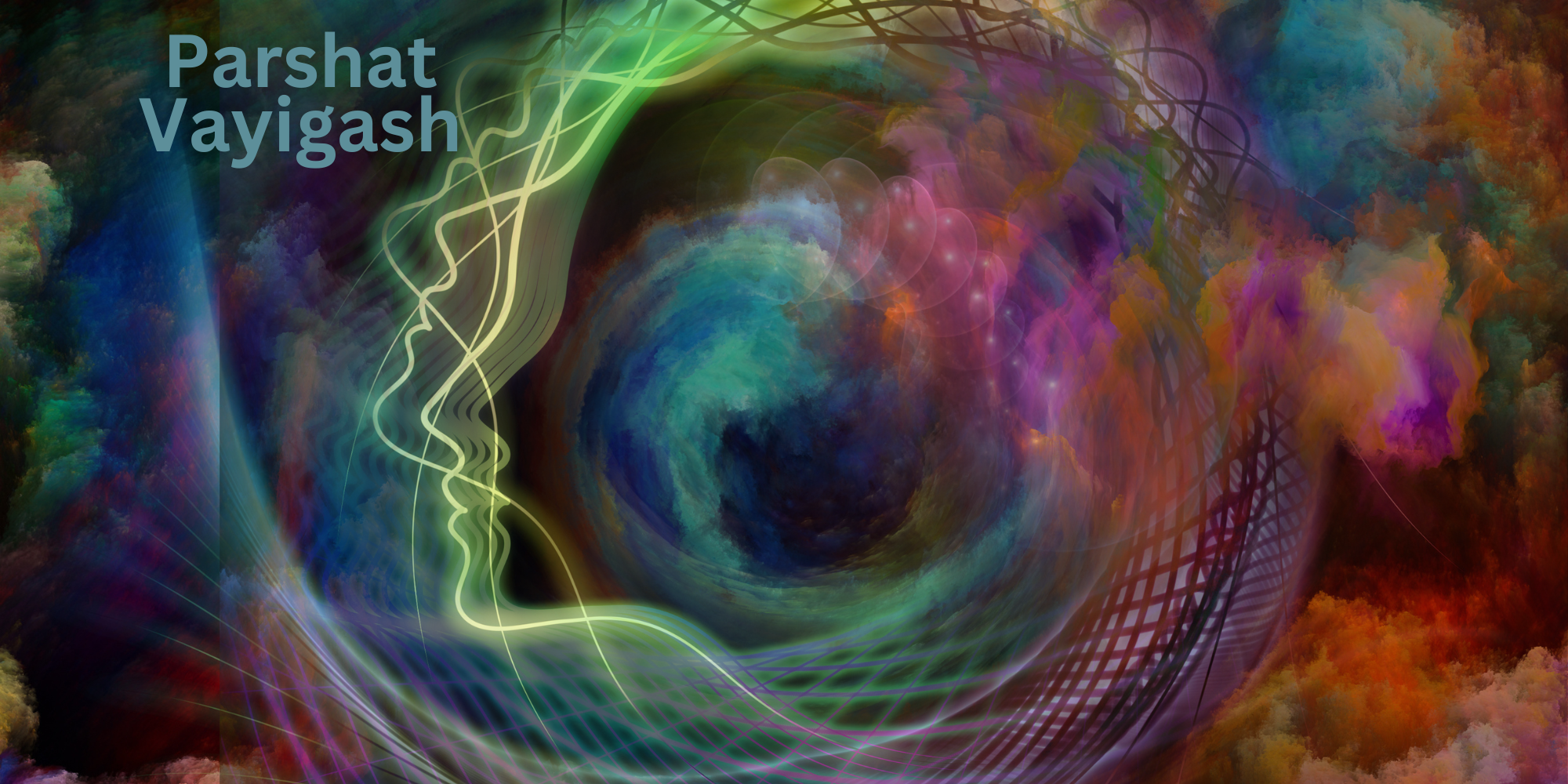When Israel celebrated the first Pesach in the wilderness after leaving Egypt a number of men approached Moses with a complaint: At the time of bringing the Pascal lamb offering they were in a state of impurity and thus were prevented from bringing the offering. They were asking for a remedy for their situation as they greatly desired to show their appreciation to God for taking them out of Egypt, and since, according to Rashi, their impurity came from the mitzvah of dealing with the body of a dead person which made them ritually impure, they felt they deserved another opportunity to bring the offering. Moses did not know the answer to their plight and asked God what was the best course of action. God responded that any person who is prevented from bringing the Pesach offering in its due time due to being impure or too far away could bring it a month later in the month of Iyar. This “second chance” is referred to as Pesach Sheni or the second Pesach.
Commentaries over the ages have emphasized two aspects of this incident. Firstly, it shows that when the desire is strong enough to draw close to God or to serve Him nothing ultimately stands in the way. This is confirmed by a statement of the Rabbis: “Nothing stands in the way of will.” Not only did these men succeed in their request, their spiritual passion revealed a new mitzvah in the Torah in response. This incident serves as a great lesson for anyone wanting to sincerely dedicate themselves to spiritual progress and determined action.
Secondly, commentaries focus on the concept of how no one is too “impure” or “too far away” that there is no possibility of another chance. Teshuvah, the act of repentance or in a broader sense turning to God, is one of the things according to the Sages created even before the world. A complimentary statement by the Sages to “nothing stands in the way of will” is “nothing stands in the way of teshuvah.” When a person truly desires another chance God will make it available to him or her. Many times even when we don’t deserve such an opportunity God in His compassion will grant us another and yet even another chance to rectify and improve.
Rabbi Yitzchak Ginsburgh applies this idea in a profound insight regarding two recent events in Jewish history, both which occurred during the month of Iyar, the month of Pesach Sheni: Yom Ha’atzmaut, Israel Independence Day commemorating the day on which the State of Israel was declared in 1948, and Yom Yerushalayim, Jerusalem Day which commemorates the day during the 1967 Six Day War when Jerusalem was reunited under Jewish rule for the first time in almost two thousand years. Rabbi Ginsburgh points out that both of these events occurring in very close proximity to Pesach Sheni is broadcasting a simple but powerful message that the Jewish people are being given another chance to fulfill its national mission in the Holy Land. Let us pray we “get it right” this time.
Rebbe Meir and Rebbe Yehudah
According to tradition two great Sages passed away on Pesach Sheni – Rebbe Meir, sometimes called Rebbe Meir Ba’al HaNes (Rebbe Meir, the Master of Miracles) due to a number of miracles he performed, and Rebbe Yehudah Bar Ilai, who is the Sage most frequently mentioned in the Mishneh. Rebbe Meir is buried in Tiberias and Rebbe Yehudah is buried between Tsfat and Mount Meron where Rebbe Shimon Bar Yochai is buried.
Rebbe Meir was so brilliant that most of his colleagues could not truly grasp his intellectual reasonings. The name Meir, which means illumination, was given him to express their awe of his genius. He was one of the five students that Rebbe Akiva trained after the death of 24,000 of his students during the Bar Kochbah revolt. He also received ordination from Rebbe Yehuda ben Baba at a time of harsh oppression from the Romans who made the transference of ordination forbidden. Rebbe Yehudah HaNasi, the compiler of the Mishneh, was one of his students and any Mishneh which does not specifically mention whose opinion it follows is considered to be from Rebbe Meir.
There are two well known stories about Rebbe Meir that resonate perfectly with the energy of Pesach Sheni. The first story relates how people in Rebbe Meir’s neighborhood were being terrorized by robbers and they appealed to him to take immediate action. When he began to pray for them to be taken from this world his wife, Bruriah, suggested instead that they pray for them to repent and change their ways, which is what in the end occurred and thus their goal was accomplished. Even they, according to Bruriah, deserved another chance.
The second story is a long and involved one relating Rebbe Meir’s relationship with Elisha Ben Avuya, perhaps the most famous heretic in the entire Talmud. He was one of the four Sages who “went into the Pardes,” an expression for entering into a deep state of mystical meditation. As part of his experience his foundations of faith were so shaken that he subsequently abandoned Jewish practice altogether. He was referred after that as Acher, “the other one.” Only Rebbe Meir who had been a student of his maintained his relationship with him. This caused Rebbe Meir to come under suspicions as well but he continued to learn with and from him with the great hope he could bring him back into the fold. The Talmud relates a number of times that Rebbe Meir tried nobly to convince him to change his ways and that he would be given another chance by God but Acher was convinced he was a lost cause and the gates of repentance were closed to him. On his deathbed Rebbe Meir appealed to him one last time and since he died while crying Rebbe Meir interpreted this in a positive light, convinced that that he had in fact at the last moment repented.
Rebbe Yehudah is mentioned in the Mishneh by his student Rebbe Yehudah HaNasi, the compiler of the Mishneh, six hundred times, more than any other Sage. A student of Rebbe Akiva, he was also one of the five students, along with Rebbe Meir, ordained by Rebbe Yehuda ben Baba.
There is a story about Rebbe Yehudah that is very appropriate for the “always another chance” dynamic of Pesach Sheni. Once as he was walking on Shabbat he noticed a breach in the fence of his vineyard. This caused him to lose focus of the Shabbat for just an instance as he calculated when and how he could fix it. He immediately regretted thinking about mundane matters on Shabbat and decided to never fix the hole as an atonement for his lack of consciousness on the Shabbat. In response to his great desire to rectify his thoughts he was rewarded from on High when a caper tree grew in the very same location of the fence, filling up the breach and simultaneously providing him with food for himself and family and extra to sell for the rest of his life.







